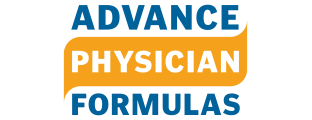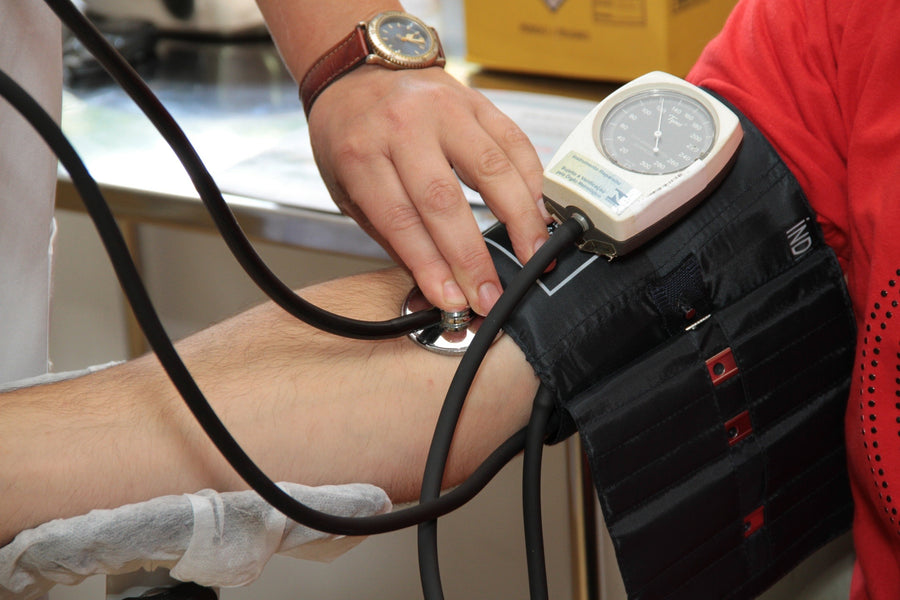
Researchers at the Harvard School of Public Health in Boston found that men who consumed high amounts of soy foods had a lower sperm count compared to those who did not consume soy foods. Soy products contain plant-derived estrogens known as phytoestrogens. Some animal studies have linked high consumption of phytoestrogens with infertility. The researchers evaluated the intake of soy-based foods in men who went to a fertility clinic. They were asked how much they had eaten of soy-rich foods including: tofu, tempeh, tofu or soy sausages, bacon, burgers and mince, soy milk, cheese, yogurt and ice cream, and other soy products such as drinks, powders and energy bars. Men in the highest intake category of soy products had a lower sperm count compared to those in the lowest intake category. For details, see http://www.raysahelian.com/sperm.html and http://www.raysahelian.com/phytoestrogens.html
My comments: A couple of decades ago soy products started becoming popular and many people switched from meat to tofu and from milk to soy drinks. More soy-based products appeared on the market and I personally know many people, particularly vegetarians, who eat a variety of soy-based foods a day, including soy-based burgers and ice cream. Based on the study presented above regarding the influence of soy on sperm count, a friend of mine now tells me he will stop eating all soy products. I think this is an overreaction. A better approach is to have a wide variety of foods in the diet rather than to completely shun some. I mentioned at the beginning of the newsletter that most foods have had some bad press at some time. Just keep in mind that if you eliminate one type of food you are more likely to over consume another type that may not be healthy when eaten in larger amounts.
Unless a man has a low sperm count and issues with fertility, I don't see the need to eliminate soy products from the diet. People in Japan consume a good amount of soy products yet they do not appear to have any problems with reproductive health or longevity.








